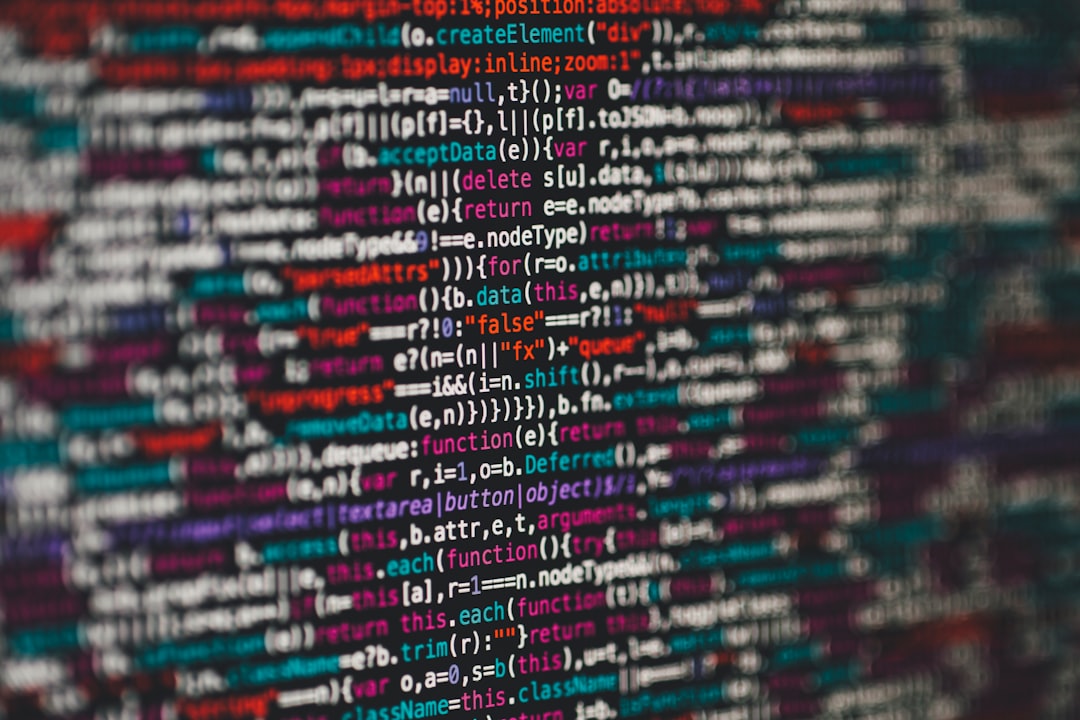What’s my data worth?
- What’s my data worth?
There are many different guidelines for measuring the value of the data. There are some descriptions on the internet, e.g. a dataset is rated at about 25 centimes. That sounds pretty little, but when it's multiplied by 1 million, we're already at 250'000 CHF. The value also depends on how many services people use: WhatsApp, Instagram, Facebook, Twitter, etc. There are studies that estimate the value of an email address at 75 centimes.
But it's not about how much money different services earn with your data, but much more that according to your data, you are put in a pigeonhole: what you like to eat, your preferences, where you like to go, how much time you spend on the internet, with whom you are connected and what you write in your mails or WhatsApp messages.
That sounds harmless. But do you know how the world will develop in 20 to 30 years and how you will be judged or even discriminated against according to your preferences? Do you want to be pigeonholed according to your data, where you as a person are being judged? Your desires, opinions, illnesses, etc. may change, but your data will remain like a tattoo on your skin that cannot be removed!
Summarized, it’s not about how much others earn on you, but about how you are personally evaluated today and which of your data will play a role in the future.

2. Who wants to have our data?
It has been reported many times that Facebook, Google and Co. sell data to enrich themselves. To whom are they sold? On the one hand to the advertising industry, health insurances, insurance companies, hackers and on the other hand to the governments like NSA, BND etc.
In summary, your data is wanted by all those who want to know how you live, what you do and how they can rip you off and make money on you.

3. What happens to my data?
The data is provided for advertising purposes. Advertisers pay money to find out what you want and then offer you customized advertising. But that's not all. There are "hidden" studies that collect and evaluate your data to ultimately classify you, such as: dealing with health, behavior in traffic, tax evaders, wine lovers, opponents of a political direction, etc., so that the government or other institutions are prepared when it comes to making certain decisions. This is not about offering you advertising, but evaluating your private opinion, e.g. based on your likes in services like Facebook, Instagram, Twitter or WhatsApp messages. It identifies what you like or dislike, whether you are Christian or Muslim, whether you are for or against homosexuality, or what your attitude toward the environment is.
In summary: Based on your digital life, you will be evaluated and sorted out into a PRO or CONTRA pigeonhole.
4. What negative consequences can I suffer as a user in the future?
Your data will be used for promotional purposes to sell advertisements according to your preferences. But that's not all. The data is used for evaluations, e.g. to use analytics to evaluate your mental state, whether you are stable or unstable. Whether you have or will have financial difficulties. (Hier würde ich einen Link zum Video machen USA. Trogenschule haben es vorgestellt) Are you classified as at risk of theft? You will be judged before you think in one direction. They would like to manipulate you in this sense, think of Fake News! You may be less interested today, but do you know what awaits you personally in 20 or 30 years? How will politics change until then? Remember the Second World War! Was it not lawful to oppress Jews during this time? So you could be rated or even discriminated against according to your preferences or needs.
In short, do not just think about who you are today and what you are interested in today, but who you will be in the future, or how the world could change in the future, so that you do not agree with it.


 3 min
3 min

